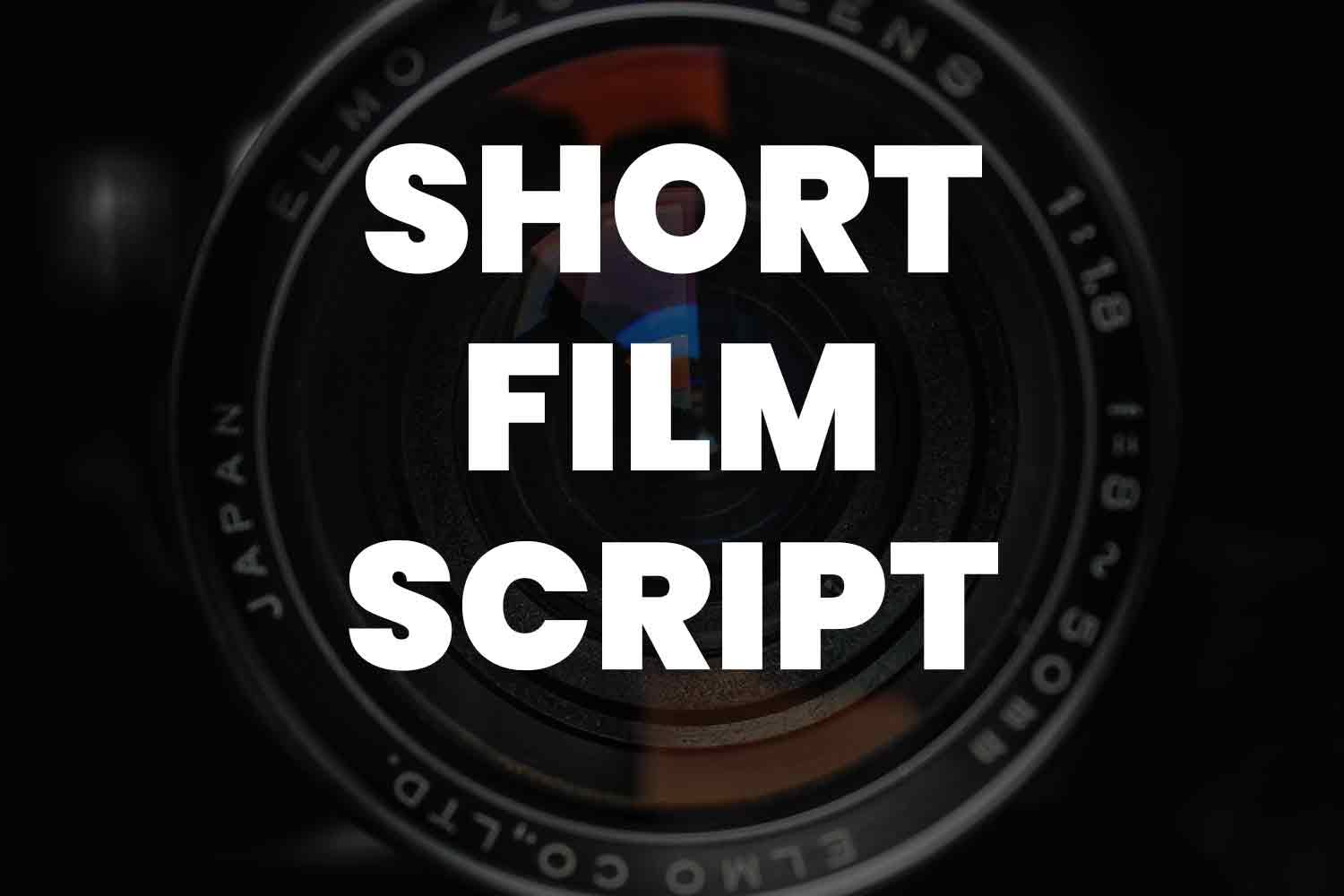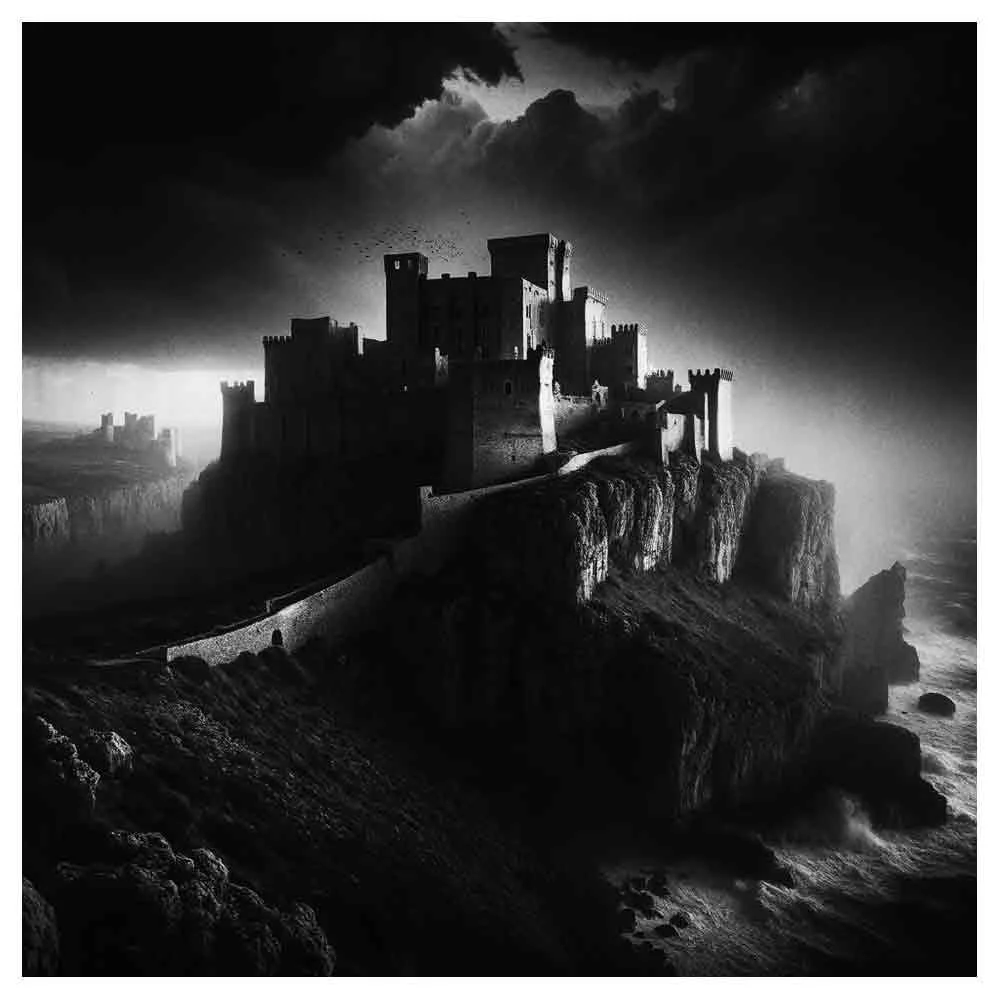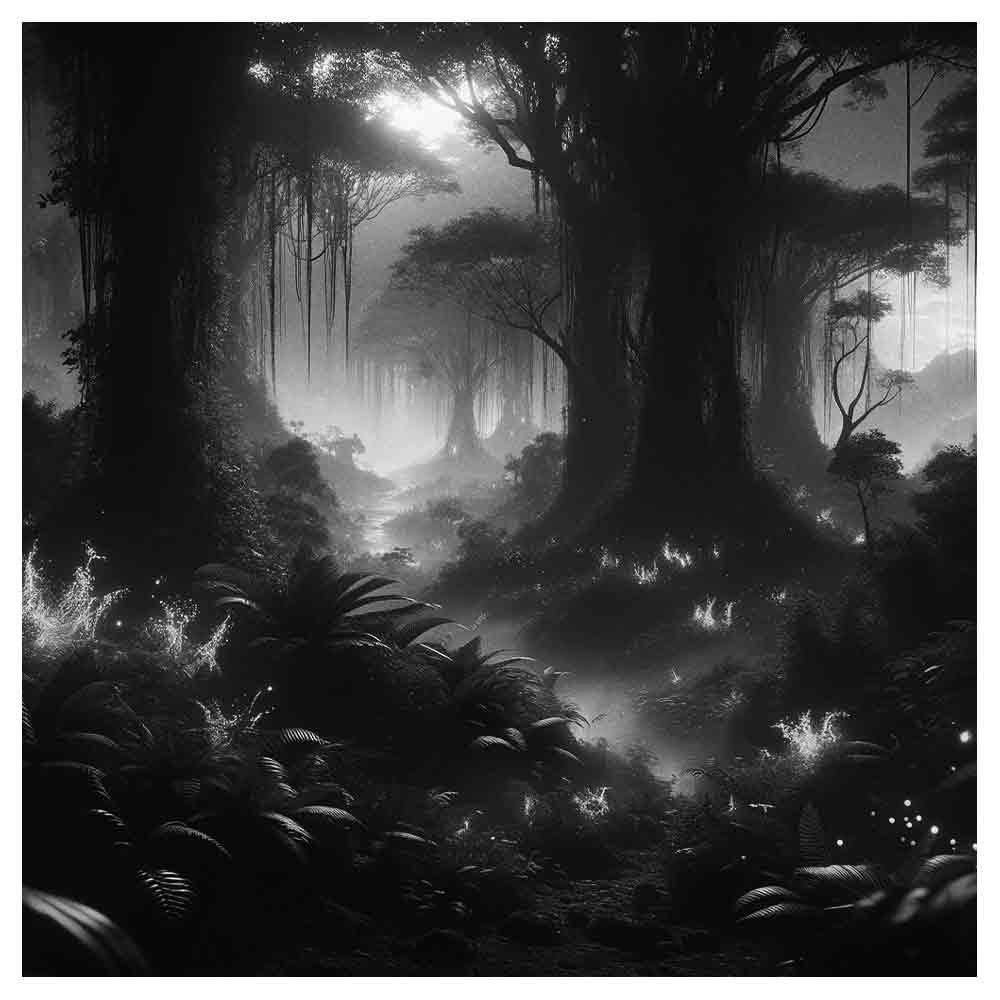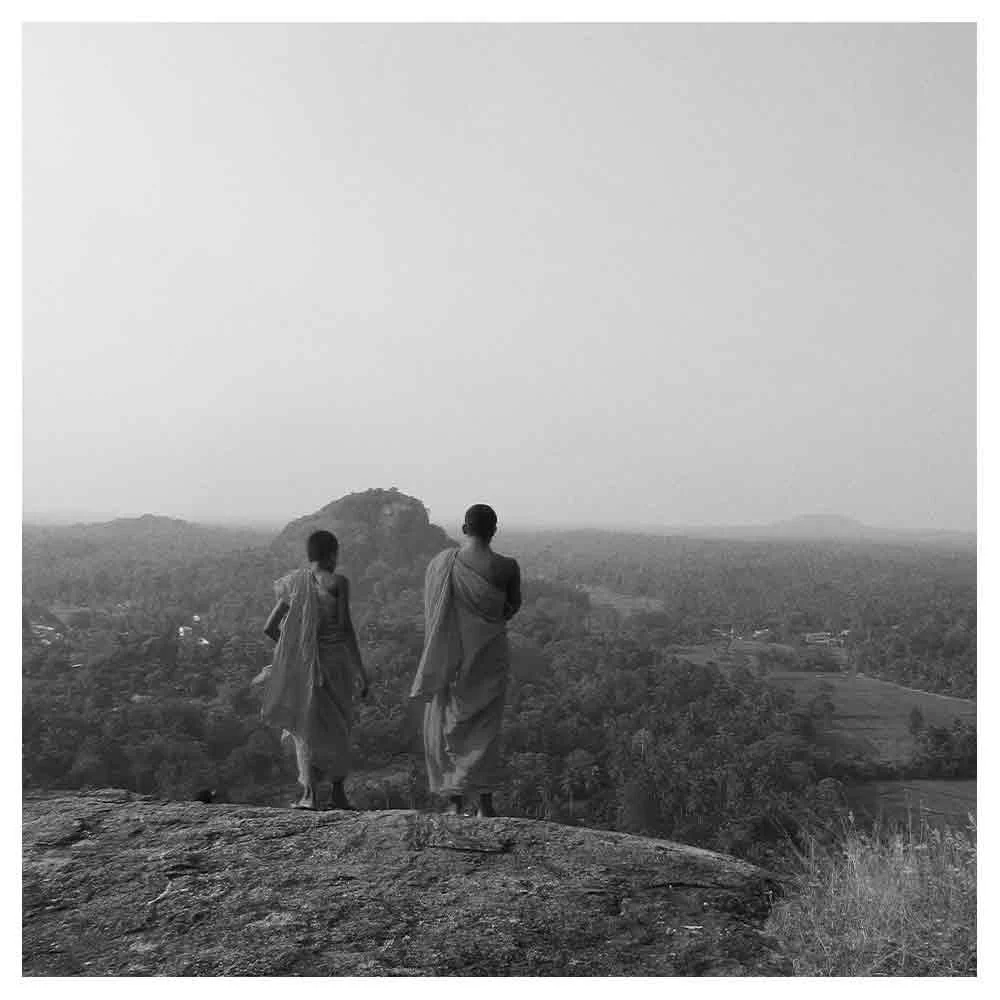How To Write A Short Film Script (That Doens’t Suck)
Let's bring your story to life!
So, you've got a great idea for a short film, and you can't wait to see it come to life on the big screen.
But before you can start filming, you need a script. You might ask yourself, "How do I write a short film script that captivates my audience?" Worry not!
In this comprehensive guide, I'll take you through the steps of writing an enthralling short film script that will leave your audience wanting more.
1. Understanding the Basics
What is a Short Film?
A short film is a motion picture that tells a story in a concise format, typically ranging from 1 to 40 minutes in length.
Short films are the perfect medium for up-and-coming filmmakers to showcase their talent and creativity, as they often require fewer resources and a smaller budget than feature-length films.
The Importance of a Strong Script
The script is the foundation of your short film. It is the blueprint that guides every aspect of filmmaking, from casting and directing to cinematography and editing.
A well-crafted script can make or break your film, so investing time and energy is crucial to create a strong, engaging story.
2. Script Formatting
Industry Standard Format
When writing your short film script, following the industry standard format is important. This ensures your script is easy to read and understand and demonstrates professionalism to potential collaborators and investors.
The industry standard format includes:
12-point Courier font: This monospaced font is easy to read and has been the standard for screenplays for decades.
1-inch margins: Maintain consistent margins on all sides to keep your script neat and organized.
Dialogue: Centered on the page, with character names in ALL CAPS.
Action: Written in sentence case, each new action is on a separate line.
Essential Elements
A short film script typically consists of the following elements:
Scene Headings: Also known as "slug lines," these indicate each scene's location and time of day. They should be written in ALL CAPS and formatted as INT. (interior) or EXT. (exterior), followed by the specific location and time of day (e.g., INT. COFFEE SHOP - DAY).
Action: Describes what is happening in the scene, including character actions, visual elements, and important sound effects. Keep your action descriptions brief and to the point.
Character Names: When a character speaks, their name should be written in ALL CAPS, centered above their dialogue.
Dialogue: The spoken lines of your characters. Keep dialogue naturalistic and engaging, avoiding unnecessary exposition.
Parentheticals: Directions for how a line should be delivered, placed in parentheses below the character's name and above their dialogue (e.g., (sarcastically)).
Transitions: Used sparingly, these indicate how one scene will move into the next (e.g., CUT TO:, FADE OUT:).
3. Developing Your Story
Story Structure
While no one-size-fits-all formula exists for a successful short film, a well-structured story can help your script shine. Here's a simple structure to follow:
Setup: Introduce your protagonist, setting, and central conflict.
Inciting Incident: An event that forces your protagonist to confront the conflict head-on.
Rising Action: Build tension and stakes as your protagonist struggles to resolve the conflict.
Climax: The story's turning point, where the protagonist faces their greatest challenge.
Resolution: Show how your protagonist has grown and how the conflict is resolved.
Creating Compelling Characters
Memorable characters are the heart and soul of any great story. Keep these tips in mind when crafting your characters:
Make them relatable: Give your characters relatable motivations, flaws, and desires to help your audience connect with them.
Give them a clear goal: Your protagonist should have a specific, achievable goal that drives their actions throughout the story.
Show growth: Your characters should change and develop as they face challenges and learn from their experiences.
4. Writing Tips for a Stellar Short Film Script
Keep it Short and Sweet
Since short films have limited runtime, making every moment count is important. Aim for a script length of 1 page per minute of screen time, and avoid overly complex plots or excessive subplots.
Focus on telling a single, compelling story that can be fully explored within your chosen timeframe.
Show, Don't Tell
Instead of relying on dialogue to convey important information, use visual storytelling techniques to show your audience what's happening.
Remember, the film is a visual medium – embrace the power of imagery to create an immersive experience for your viewers.
Write Visually
When writing your script, consider how your story will look on the screen. Use descriptive language to paint a vivid picture of each scene, and consider how your choices in cinematography, lighting, and set design can enhance your film's overall mood and tone.
5. Editing and Polishing
Once you've completed your first draft, take some time away from your script before diving into the editing process. This will give you fresh eyes and help you spot any inconsistencies or areas that need improvement.
Trim the Fat: Cut unnecessary dialogue, scenes, or characters that don't contribute to the story.
Clarify Your Vision: Ensure your script clearly communicates your visual and thematic intentions, making it easy for collaborators to understand your vision.
Get Feedback: Share your script with trusted friends, colleagues, or mentors for constructive feedback. Be open to criticism and use it to improve your script.
6. Conclusion
Writing a captivating short film script takes time, patience, and perseverance. By understanding the basics, following industry-standard formatting, developing a strong story and characters, and refining your script through editing and feedback, you'll be well on your way to creating a short film that resonates with audiences and showcases your unique storytelling abilities.
So grab your favorite writing tools, let your creativity flow, and bring your story to life on the big screen!
Remember, practice makes perfect – the more you write, the better you'll become. And who knows? Your short film script might be the stepping stone to an incredible career in filmmaking.
Happy writing!






























